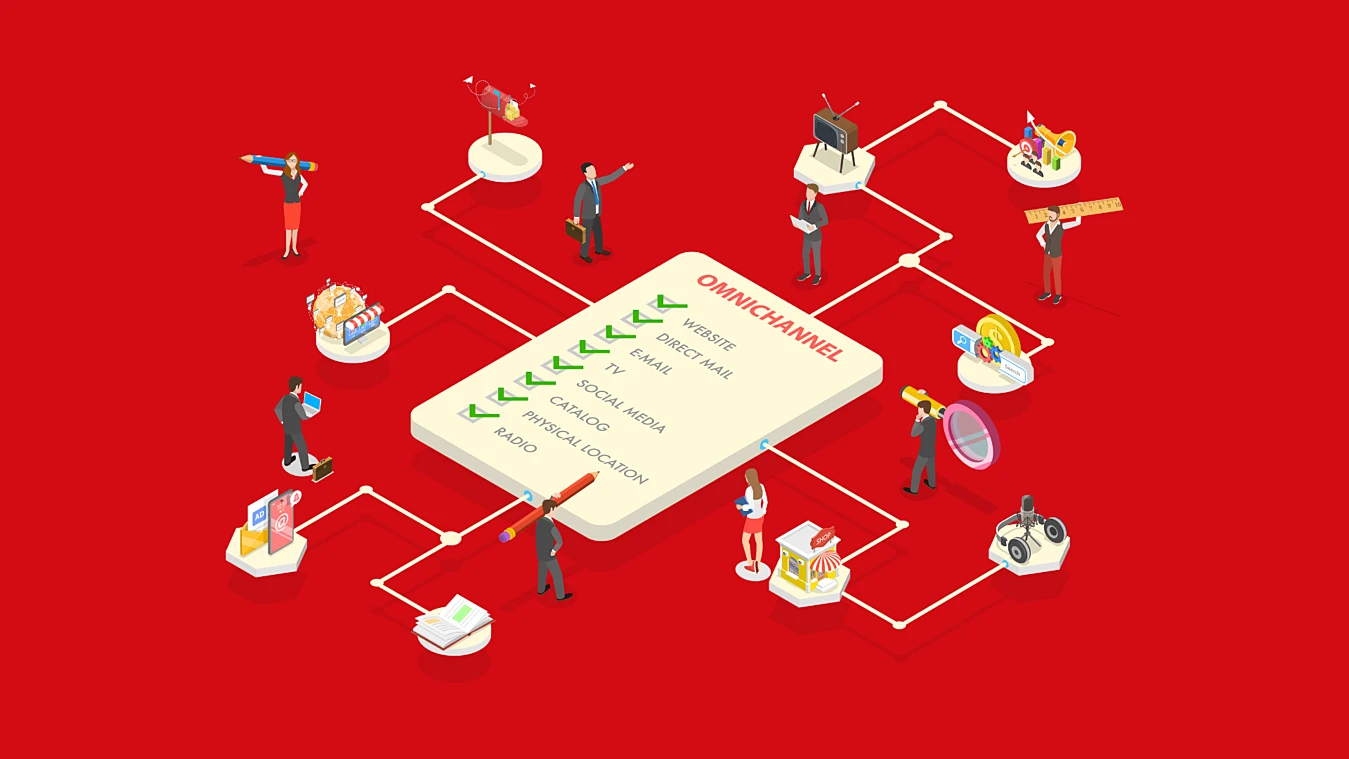Improved customer experience, satisfaction and engagement are clear benefits to omnichannel logistics as customers are essentially demanding this logistics model. However, retailers can also benefit from an omnichannel model in a number of other ways, such as through faster and more accurate delivery, increased sales and higher profits, a competitive advantage, and the flexibility to not only switch and adapt to different channels but also to maintain lower inventory levels.

In terms of delivery, traditional retailers need around 4 to 8 hours to fulfill an order whereas best-in-class omnichannel operations often need less than half that time, completing an order within 2 hours of a consumer making a purchase. This is because an omnichannel supply chain generally has a centralized inventory, meaning that logisticians can better assess product availability and location and in turn shorten distribution times.
When it comes to increased sales and profits, an omnichannel model offers the best opportunity for customers to buy a product. For example, 67% of consumers making a purchase use multiple channels to do so and 40% will actively choose not to make a purchase if they are unable to use their preferred channel, highlighting that an omnichannel experience is not only extremely valuable but sometimes even non-negotiable.
By taking a holistic, omnichannel approach to logistics, companies can better collect and analyze data over the various touchpoints to not only have a real-time outlook on inventories, but to also find out more about their customer base. In this respect, they are able to respond quickly to issues, make adjustments, and optimize the fulfillment experience in order to avoid losing customers
Adapting an omnichannel model can also turn the delivery network into a competitive advantage in three ways: customer segmentation, incentives and partnerships. By offering such a model, it’s essentially tailored to each individual customer as they have more flexibility in terms of how they receive and return their goods and how much they pay for it – if a customer needs a product fast, they may be more likely to pay more to be able to pick up in store on the same day, for example. Similarly, customers can be offered incentives such as free delivery and discounts if they choose smart lockers or store pick-ups, which are generally less expensive from a logistics point of view. When working with a logistics partner, both the logisticians and retailers can exchange data to optimize transport planning and routings, thereby improving costs and delivery times.
















